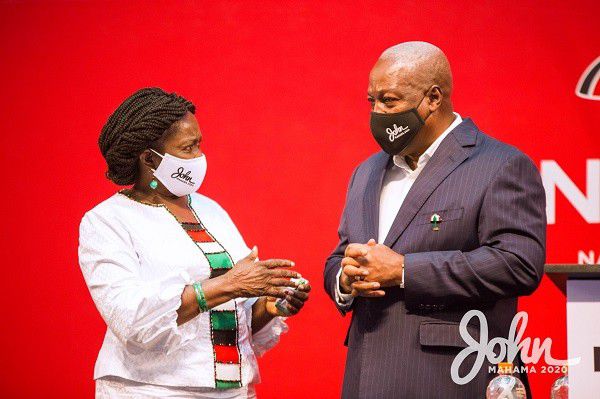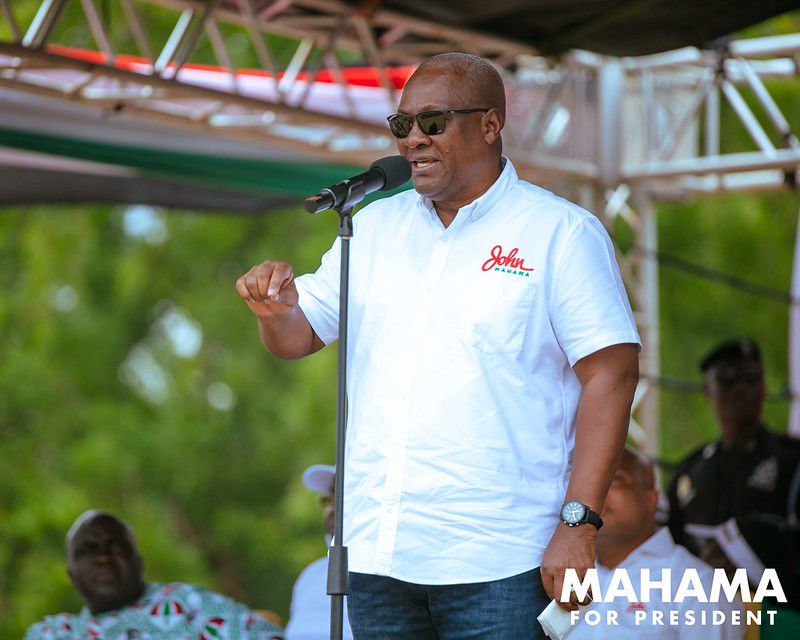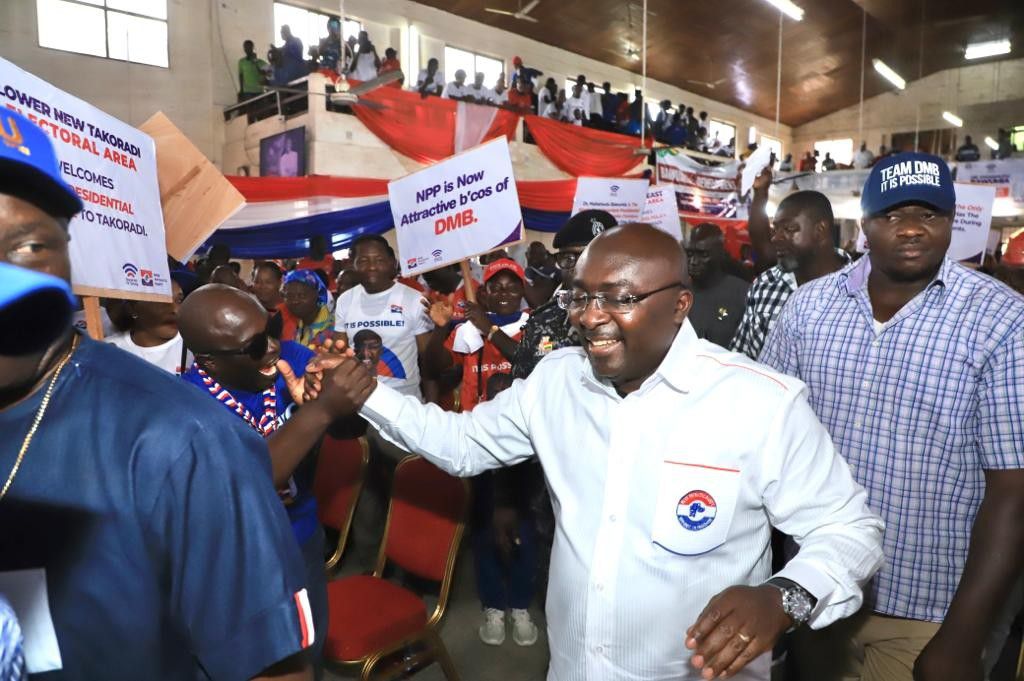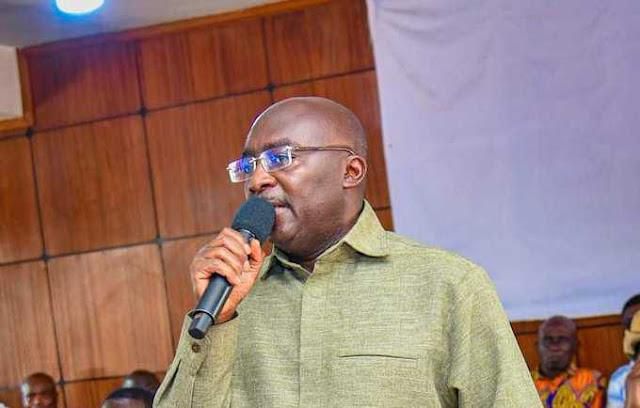NDC vs. NPP: Competing visions for creative arts and tourism in 2024 elections
)
Both main contenders focused on governmental support through financing and policies to boost various sectors.
As part of its 'Resetting Ghana' agenda, the NDC aims to make significant changes across all sectors currently struggling. Meanwhile, the NPP plans to continue with its successful Year of Return initiative while introducing additional measures to further boost the sector.

Here’s a comparison of their approaches and an analysis of which might have a better chance of success:
NDC's Plans:
Financing and Investment:
The NDC’s plan focuses on reforming, financing, and attracting investments in creative arts and tourism. This includes support for content creators and assistance for large, medium, and small creative enterprises.
Policies to Promote Ghanaian Creative Content: The NDC hopes to promote Ghanaian creativity through the implementation of ‘The Black Star Experience’, a year-round celebration of Ghanaian culture through food, film, design, literature, fashion, etc.

The party also plans to enforce the broadcasting of local content to promote local productions and boost the industry.
Infrastructure:
The NDC promises infrastructural projects, including the construction of an ultra-modern recreation village with auditoriums for films, music events, etc.
Royalty Collection: The NDC pledges to establish a management system to aid in the collection of copyright claims and royalties for creatives.
The NPP's Plans:

Finance and Investments:
Similar to the NDC, the NPP commits to significant public sector investment, but their emphasis is more on using the Development Bank Ghana (DBG) to support the sector. Funding would also be provided to the Cultural Heritage Fund for the Chieftaincy institution and activities promoting societal values, cultural festivals, etc.
Tax Incentives:
The NPP plans to use tax incentives to stimulate private sector investments and attract more private players into the creative arts sector.
Infrastructure:

Infrastructural projects, such as completing the conference facility at the Ghana International Trade Fair site and establishing a National Hospitality Training School, were promised. Additionally, a Gold Museum or a Gold Walkway to promote “gold tourism” was announced.
Education:
The NPP also announced the establishment of regional Creative Hubs to nurture local talent, the creation of a National Hospitality Training School, and training and upskilling in the Creative, Tourism, and Cultural industries.
Travel Boost:
To boost the sector, the NPP announced the implementation of a Travel Protocol Service (TPS) to support artistes, performers, and other creatives in easily securing visas. Additionally, the E-visa policy was introduced to make it faster and easier for foreign nationals to visit Ghana.
Royalty and Copyright Collection:
Similar to the NDC, the NPP announced measures to help with the tracking, collection, and distribution of royalties and copyright payments.
Streaming:

As noted in its 2020 manifesto, the NPP also announced the establishment of a streaming and digital management platform for Ghanaian content creators.
Comparative analysis:
Both parties have a broad vision, but the NDC's "Black Star Experience" focuses more on cultural celebrations and events, while the NPP focuses on infrastructure, financing, and policy changes.
Public vs. Private Sector Focus: The NDC leans more towards public sector-driven initiatives, while the NPP focuses on stimulating private sector involvement.
Job Creation and Skills Development: Both manifestos emphasize job creation and skills development, but the NPP's plan includes more specific initiatives, like the National Hospitality Training School and creative hubs, which might lead to more tangible outcomes.
)
)
)
)
)
)
)
)
)
)
)
)
)
)